We see the commercials on television about the special dog food formulated especially for the needs of older pets, and it makes sense to us. They have selected ingredients to minimize kidney problems, arthritis and joint problems that are common in older dogs.
Our cars aren’t alive, but wear and tear takes its toll on our cars’ engines and this tends to start becoming acute at around 75,000 miles. There was a time when 75,000 miles meant that a car was about three-quarters of the way to the junkyard, but 200,000 is the new 100,000 miles for cars.
That makes it all the more critical to begin giving engines special care at 75,000 miles because they are going to need it to help them go that remaining 125,000 miles.
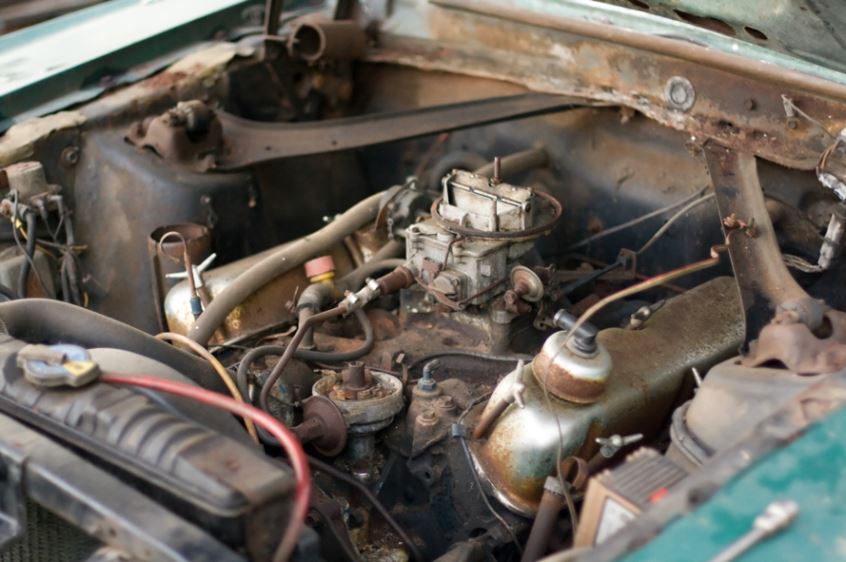
Here’s what starts happening in your car’s engine at around the 75,000-mile mark. The various rubber gaskets and seals shrink and harden, which may cause oil leaks that force you to add oil and clean your driveway at the very least.
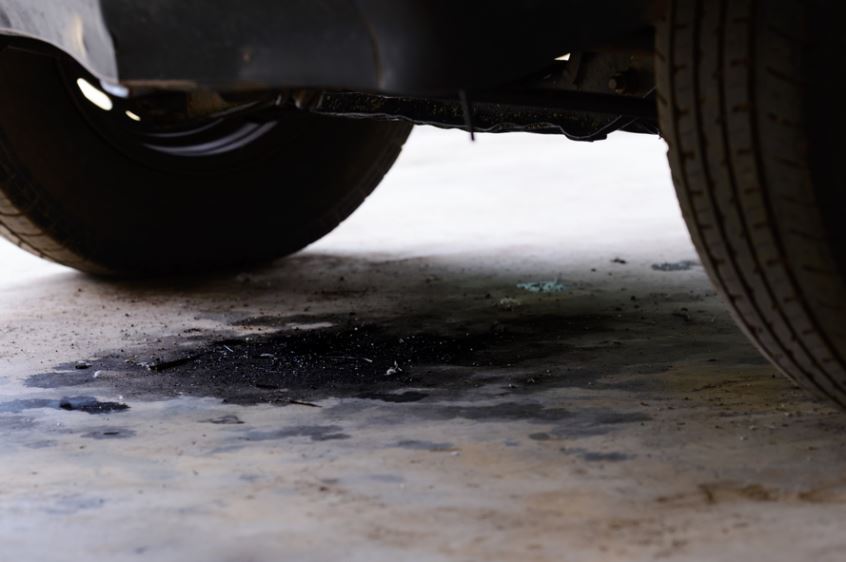
Use of inferior oils throughout the life of the car could cause gunk to accumulate in the engine’s nooks and crannies too. Worse, like one bad apple spoiling the barrel, oil deposits inside an engine can actually help create more deposits, acting as a chemical catalyst to convert oil to sludge. The metal surfaces that are lubricated by the motor oil will also wear away over time due to friction, increasing the clearances between to greater than the design specification.
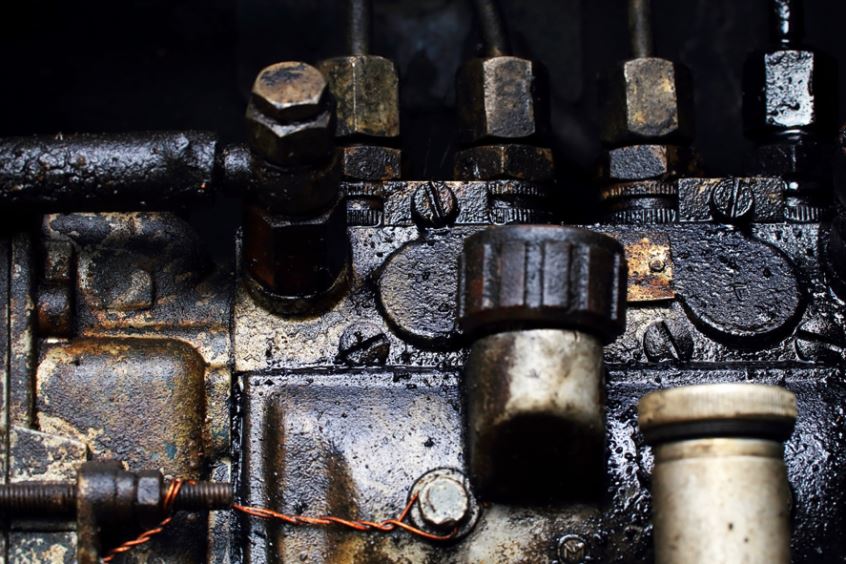
Valvoline has the solution to these engine-aging concerns with its Valvoline™ High Mileage with MaxLife™ Technology motor oils, which include ingredients specifically chosen to minimize the problems of automotive engine age.
High Mileage with MaxLife™ Technology is created using a blend of natural and synthetic oils as its foundation, while Full synthetic High Mileage with Maxlife™ Technology uses an even more robust base of entirely synthetic oil. Either way, they contain similar additives to address the problems related to wear. Most of these symptoms are invisible to drivers, but aged, hardened seals and gaskets can cause cars to leak oil.
A switch to Valvoline™ MaxLife™ oil can have a visible effect on such cars, which helps drivers see concrete benefits from the switch, reports Valvoline’s Thom Smith. “Consumers said they were no longer seeing spots of oil on the driveway,” he said. “That was something a consumer could visually see.”
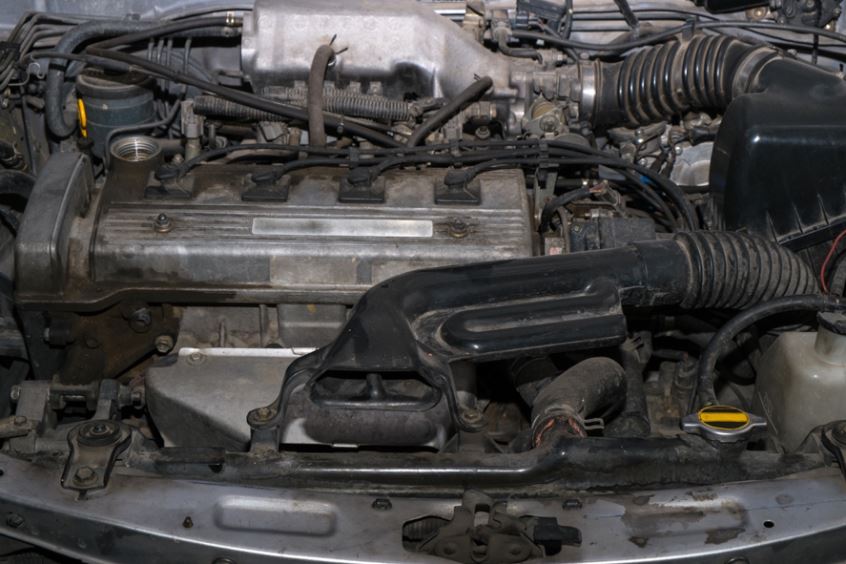
MaxLife™’s seal conditioner rejuvenates the gasket material, filling the gaps that opened when they shrank and hardened. Because this is the only visible benefit of oil specifically designed for older engines, there are brands that only add seal conditioner without addressing any of the other problems older engines face, warns Smith.
Valvoline™ MaxLife™ goes far beyond that simple upgrade, as is indicated by the General Motors dexos certification for high-quality motor oil for MaxLife™ Full Synthetic. GM engineers set high standards for a range of additional factors, including deposit control, piston cleanliness, oil consumption, aeration and oxidation of the oil. Only products, like Full synthetic High Mileage with Maxlife™ Technology, that address these concerns effectively receive the dexos seal.
Seeing these other benefits would require drivers to take a peek inside their cars’ engines, however, this isn’t an easy thing for the average person to do. In doing so, this would show that MaxLife™ dispersants suspend contaminants in the oil rather than letting them accumulate on engine services and form deposits. It is critical to hold those contaminants in the oil rather than letting them stick to engine parts because once they settle in place, such gunk acts to create additional contaminants, reports Smith.
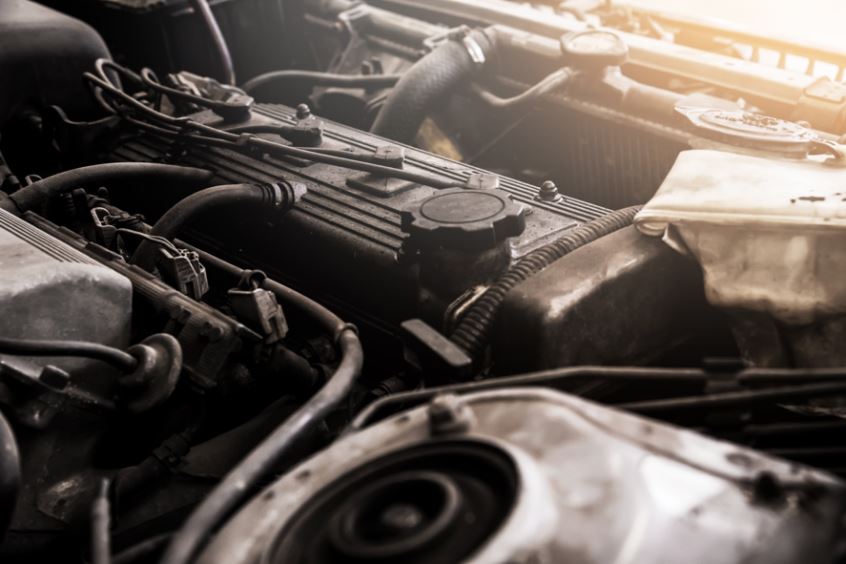
Detergents, just as they do when washing your laundry, prevent contaminants from depositing on the interior surfaces of the engine.
The metal surfaces inside engines wear away because of friction, so MaxLife™ oil contains anti-wear additives to help offset that. The problem is that the best such ingredient is phosphorus. It works very well at reducing wear, but can be harmful at high concentrations to catalytic converters that scrub pollution from cars’ exhaust.
Because the use of phosphorus is strictly limited in all motor oils, Valvoline uses “proprietary” ashless anti-wear additives to make up for it. Maybe these secret ingredients are the same ones in the anti-wrinkle creams some of us use to fight the human effects of aging!
In the old days, drivers would simply switch to a much thicker motor oil to help bridge the large gaps inside worn engines to minimize how much oil slips past piston rings and gets burned in the combustion chamber. However, modern engines are no place for old-fashioned 50-weight oil.
Drivers should always use the oil specified by the manufacturer, advises Smith, even though that is often watery-looking 0W-20. For MaxLife™ oils, Valvoline employs a thicker version of the oil that still meets the requirements of 0W-20 because there is a broad range of viscosity that is acceptable within that rating, he said.

Oxygen is necessary for life, but it is hard on your engine’s oil and internal parts. Oxidized steel is rust and oxidized oil turns to sludge, so MaxLife™ includes anti-oxidation additives to fight the tendency of high temperatures inside engines to encourage oxidation.
“You’ve always got air present in the engine,” Smith explained. “When you have heat and oxygen, things oxidize. When steel oxidizes you get rust, so we have anti-rust components to combat that.”
Even the oil can suffer the petroleum equivalent of rust, he added. “The oil itself can oxidize where you have heat and oxygen. It thickens up, so we have antioxidants to combat that so the oil will stay fresh and do its job.”
All of these various additives help the oil do its job, but they can only go so far, which is why the world’s first high-mileage motor oil, MaxLife™ Synthetic Blend, augments natural oil with synthetic oil as its base, and MaxLife™ Full Synthetic goes all the way with a synthetic base oil.
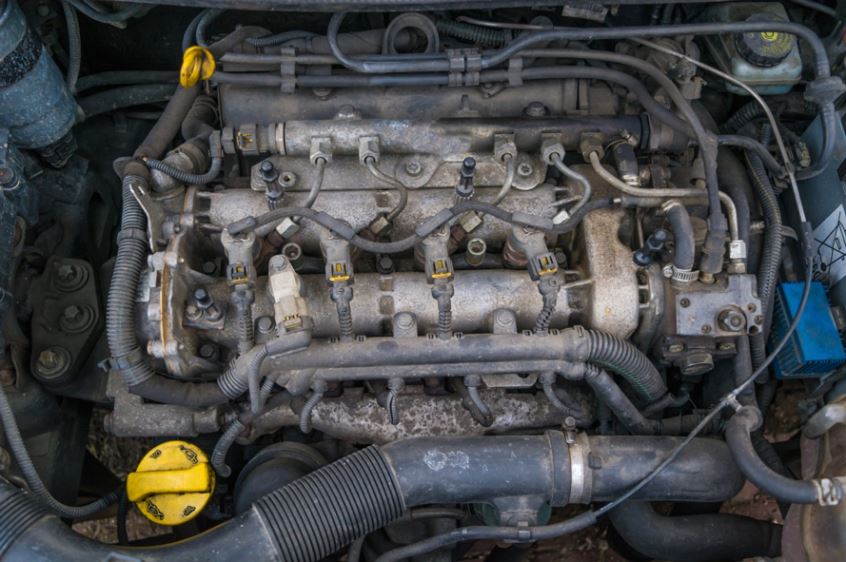
The engineered hydrocarbons in synthetic oil are more resistant to breakdown than natural oil is, helping the oil preserve its intended characteristics between oil changes. In addition to using an entirely synthetic base oil, MaxLife™ Full Synthetic also boosts its additive package.
“It has more cleaning agents, more ashless antiwear, more added protection across the board,” Smith said. The added turbocharger protection for modern engines also contributes to the oil’s dexos 1 Gen 2 certification.
If all this sounds good, don’t worry, you don’t have to have a high mileage car to start using it. “There’s no reason you can’t use MaxLife™ from day one,” said Smith. “That’s what I do.”
So, while puppies probably can’t benefit from that old Dog Chow in the commercials because of their different needs, new cars can really benefit from the rigorous specifications of Valvoline MaxLife™. That makes deciding when to switch to MaxLife™ an easy decision: right now!
- The content above was submitted by a guest contributor and is for informational purposes only. The views and opinions expressed in this content are those of the guest contributor and do not reflect the views and opinions of Valvoline LLC.
 Dan Carney
Dan Carney